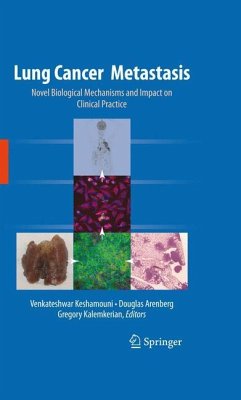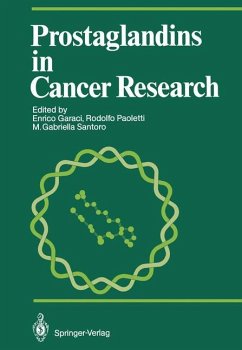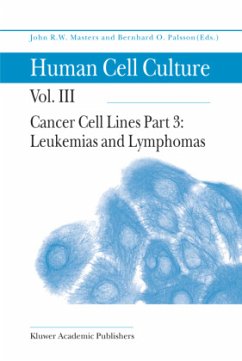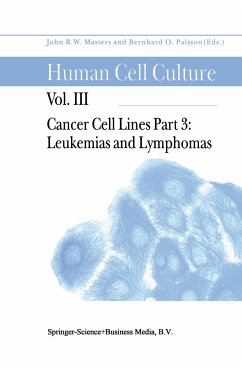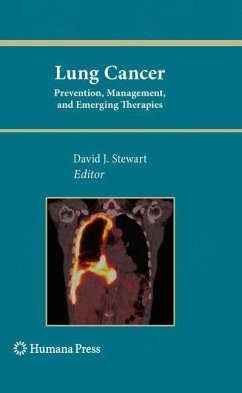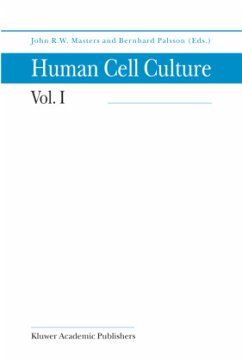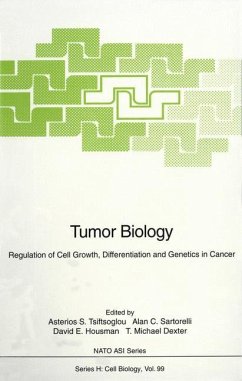
Oxidation: The Cornerstone of Carcinogenesis
Oxidation and Tobacco Smoke Carcinogenesis. A Relationship Between Cause and Effect
Versandkostenfrei!
Versandfertig in 6-10 Tagen
113,99 €
inkl. MwSt.
Weitere Ausgaben:

PAYBACK Punkte
57 °P sammeln!
In order to learn oncology, it is necessary to acquire a comprehensive knowledge of molecular biology in carcinogenesis, and then, with this as a background, to consider the principles of the theoretical and clinical basis of the subject. For graduate students who are preparing themselves for the specialty of internal medicine or clinical oncology, and physicians who wish to become proficient in oncology, it is exceedingly difficult to be highly skilled and completely informed in this expanding field of science without a comprehensive text on the subject. This book is unique, due to its collec...
In order to learn oncology, it is necessary to acquire a comprehensive knowledge of molecular biology in carcinogenesis, and then, with this as a background, to consider the principles of the theoretical and clinical basis of the subject. For graduate students who are preparing themselves for the specialty of internal medicine or clinical oncology, and physicians who wish to become proficient in oncology, it is exceedingly difficult to be highly skilled and completely informed in this expanding field of science without a comprehensive text on the subject. This book is unique, due to its collective approach to the key aspects of the interdependency between three entities: oxidative stress, tobacco smoke and carcinogenesis, operating in a cause-effect sequence, in a concise and to the point manner. I hope this book will prove to be a helpful companion to the internist, the oncologist and the research scientist in molecular biology as well as a work of reference for the general practitioner and physician interested in cancer research.




